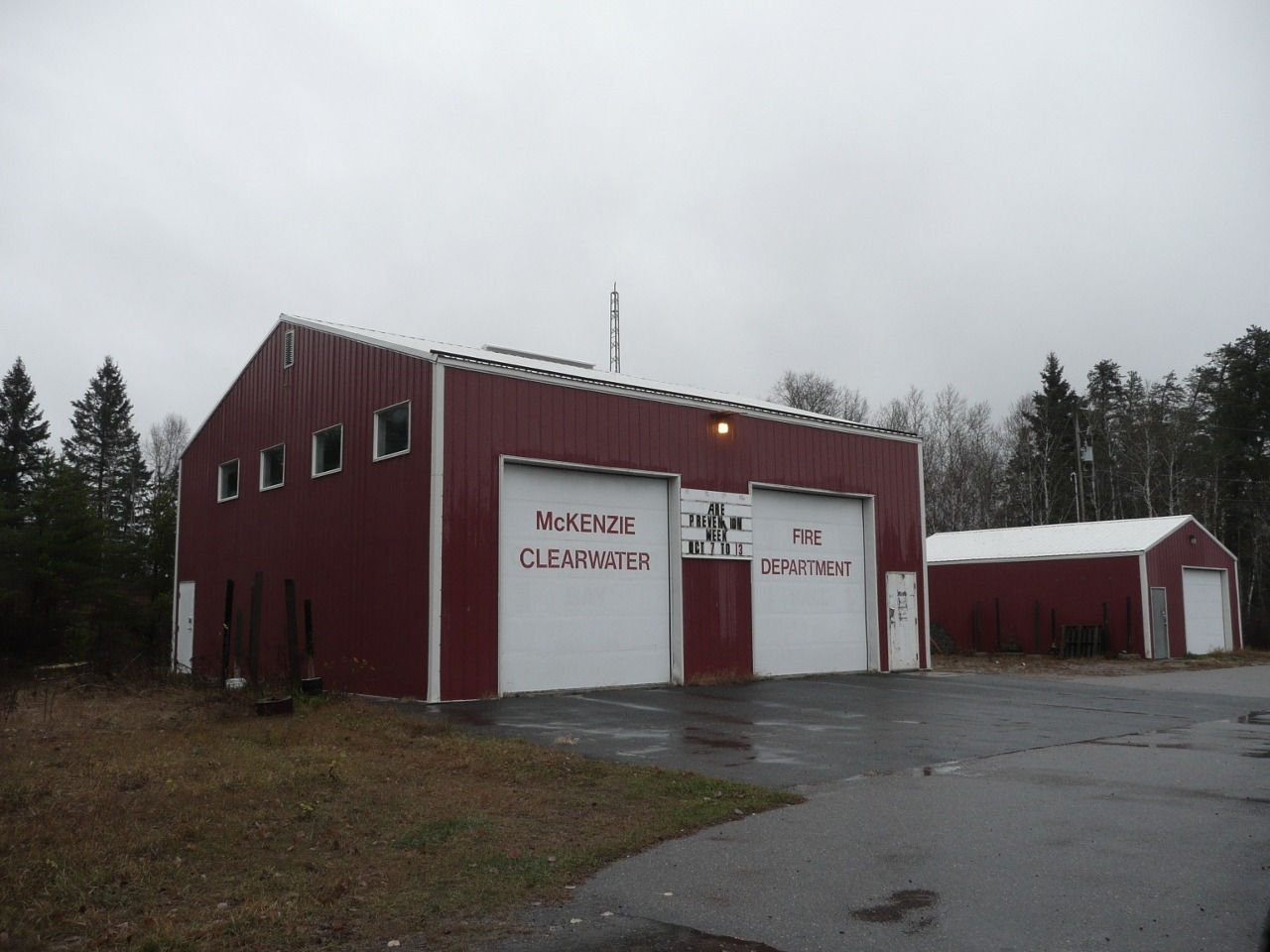
EMERGENCY PHONE NUMBERS
Fire: 807-547-2400
Ambulance: 807-468-3311
Have a location description or GPS coordinates ready when calling.
Fire Safety in Your Cottage
Cottage Fire Safety – Tip Sheet
(source: Ontario Ministry of Community Safety and Correctional Services and Cottage Life magazine)
To minimize the risk of fire and burn injury, the fire service recommends
the following cottage fire safety tips:
Install smoke alarms on every storey and outside all
sleeping areas. It’s the law for all Ontario homes,
cottages, cabins and seasonal homes to have
working smoke alarms on every storey and outside
all sleeping areas.
-
Test smoke alarms at least monthly or each time you
return to the cottage. Pack a new smoke alarm and
extra smoke alarm batteries in case they need replacement. -
Install and ensure carbon monoxide alarms in your
cottage if it has a fuel-burning appliance. -
Develop and practice a home fire escape plan to ensure
everyone knows what to do if the smoke alarm sounds. -
Know the telephone number for the local fire
department and your cottage’s emergency sign
number, in case of emergency. -
Clean barbecues before using them. Keep an eye on lit barbecues and ensure all combustibles, as well as children and pets are kept well away from them. Fires can happen when barbecues are left unattended.
-
Keep barbecue lighters and matches out of sight and reach of children.
-
Remember to bring a flashlight with extra batteries.
-
Check heating appliances and chimneys before using them.
-
Check with your local fire department, municipality, or Ministry of Natural Resources to determine whether open air burning is permitted before having a campfire or burning brush. If open burning is allowed, fires should be built on bare soil or on exposed rock. Remove leaves and twigs from around the fire to keep it from spreading. Always keep a bucket of water, sand, or even a shovel close by and supervise the fire at all times.
-
If you must smoke, do so outside. Keep a large can with water nearby so cigarette butts can be safely discarded. If you drink, do so responsibly. Tobacco use and excessive alcohol consumption are contributing factors in many fires and can lead to serious injuries.
-
Burn candles in sturdy candleholders that will not tip and are covered with a glass shade. When you go out, blow out!
-
Store fuel, firewood, and other combustible materials at least 10 metres from the cottage.
-
Keep roof and rain gutters free of dried leaves and pine needles. Install a screened cap on your chimney.
-
Install fire extinguishers in the kitchen, garage, boat house, and boat, and learn how to use them. Ensure they’re maintained and pressurized as per manufacturer’s instructions. (When fighting a fire with an extinguisher, always keep an escape route behind you.)
-
Ensure your address number is visible from the road. Consider ways to make your lane easier to navigate for large fire vehicles.
-
Properly dispose of ashes from wood-burning appliances. Put ashes in sand or mineral soil in a steel bucket (but don’t leave the bucket on the deck), then spread them and bury them or treat them like a campfire and put water or snow on them.
